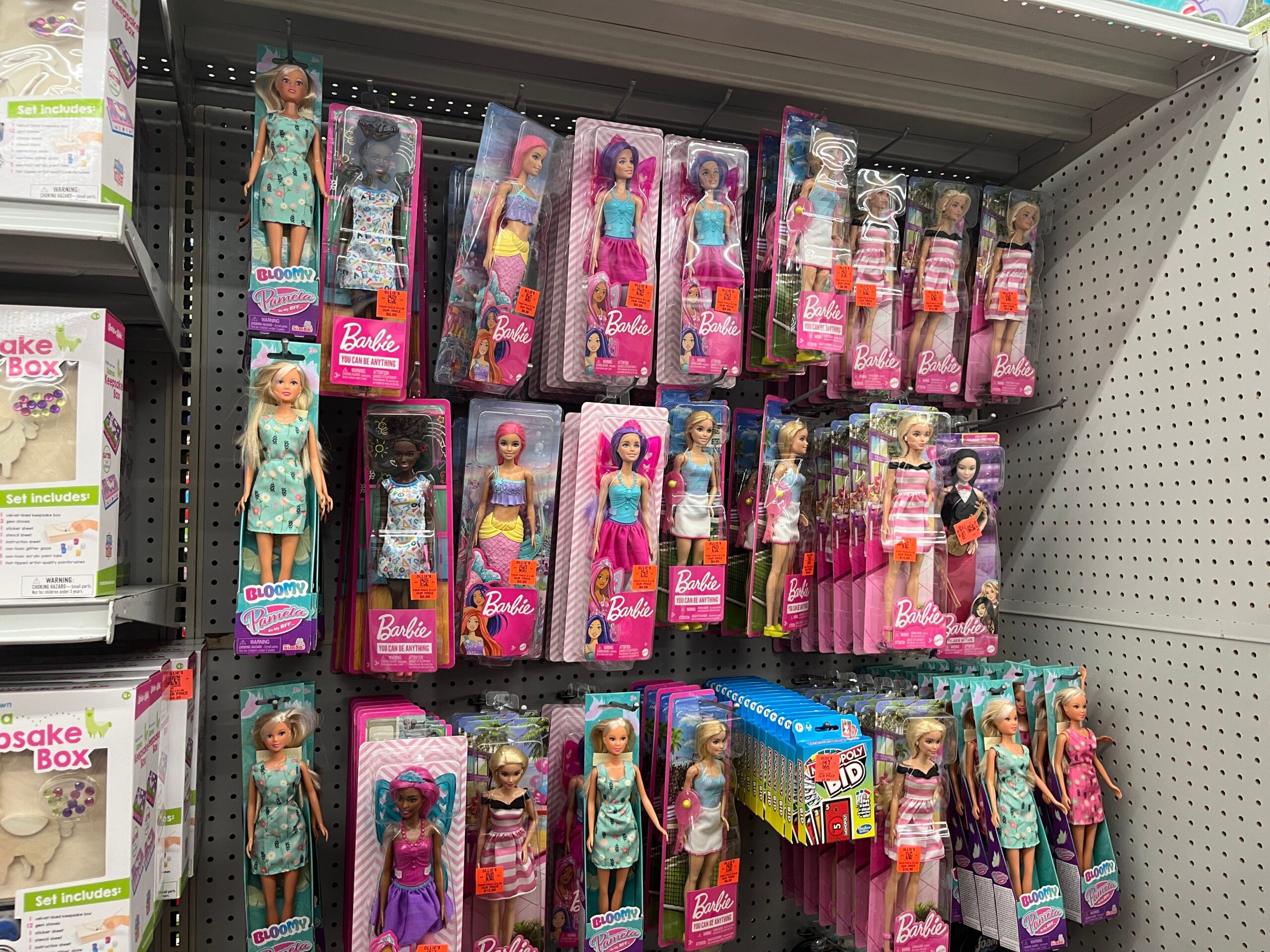UPDATE: Mattel is facing a significant challenge as Barbie sales plummet by 19% in the latest quarter. The toy giant reported $335 million in doll category revenue, marking a steep decline compared to the prior year.
On Wednesday, Mattel confirmed that the sharp drop in Barbie dolls sales is traced back to fewer new product launches. In a call with investors, Mattel’s newly appointed finance chief, Paul Ruh, stated the decline is “primarily due to fewer new Barbie product launches,” highlighting an urgent need for revitalization in the brand.
The second-quarter earnings report reveals a broader struggle for the company. Overall net revenue fell by 6%, totaling $1.02 billion, while net income dropped to $53 million, a decrease of $4 million from the previous year. These numbers indicate a pressing issue for a company that has long relied on the iconic Barbie brand to drive sales.
Despite the downturn in doll sales, Mattel’s other categories are performing better. Sales for the vehicles product category, led by Hot Wheels, increased by 10%, reaching $407 million. This contrast offers a glimmer of hope for the company amidst the challenges facing its flagship doll brand.
CEO Ynon Kreiz remains optimistic about the future of Barbie. He emphasized during the earnings call that the company anticipates an uptick in doll sales during the second half of the year, citing plans for “new product innovation, more partnerships, and activations.” This statement reflects a strategic pivot aimed at reigniting interest in the brand.
As part of its response to financial pressures, Mattel announced earlier this year that it would raise toy prices, including Barbies, to mitigate the effects of tariffs imposed during the Trump administration. However, Kreiz assured investors that “approximately 40% to 50% of our product in the US will continue to be priced below $20.”
The news is already impacting the market, with Mattel’s stock price dipping nearly 5% in after-hours trading following the earnings announcement. However, it’s worth noting that shares have risen about 17% over the past year, indicating potential investor confidence despite current sales challenges.
The situation remains fluid, and eyes will be on Mattel as they work to reverse the trend in Barbie sales. Analysts and investors alike are eagerly awaiting updates on new product launches and marketing strategies that could reshape the future of this beloved toy brand.
Stay tuned for the latest developments as Mattel navigates these turbulent waters in the toy industry.
